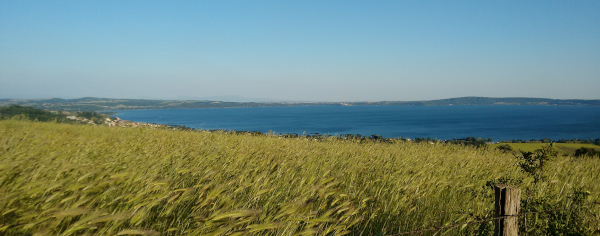Control methods in organic citrus against the new invasive Mealybug Delottococcus aberiae
Delottococcus aberiae is a widespread invasive mealybug native to South Africa. It reaches high population levels and causes severe distortion and size reduction in developing fruits. Combining different methodologies, such as precautionary measures, application of plant protection products, an attract-and-kill system with sexual pheromone, physical barriers against ants and the release of predators, may help control mealybug.



